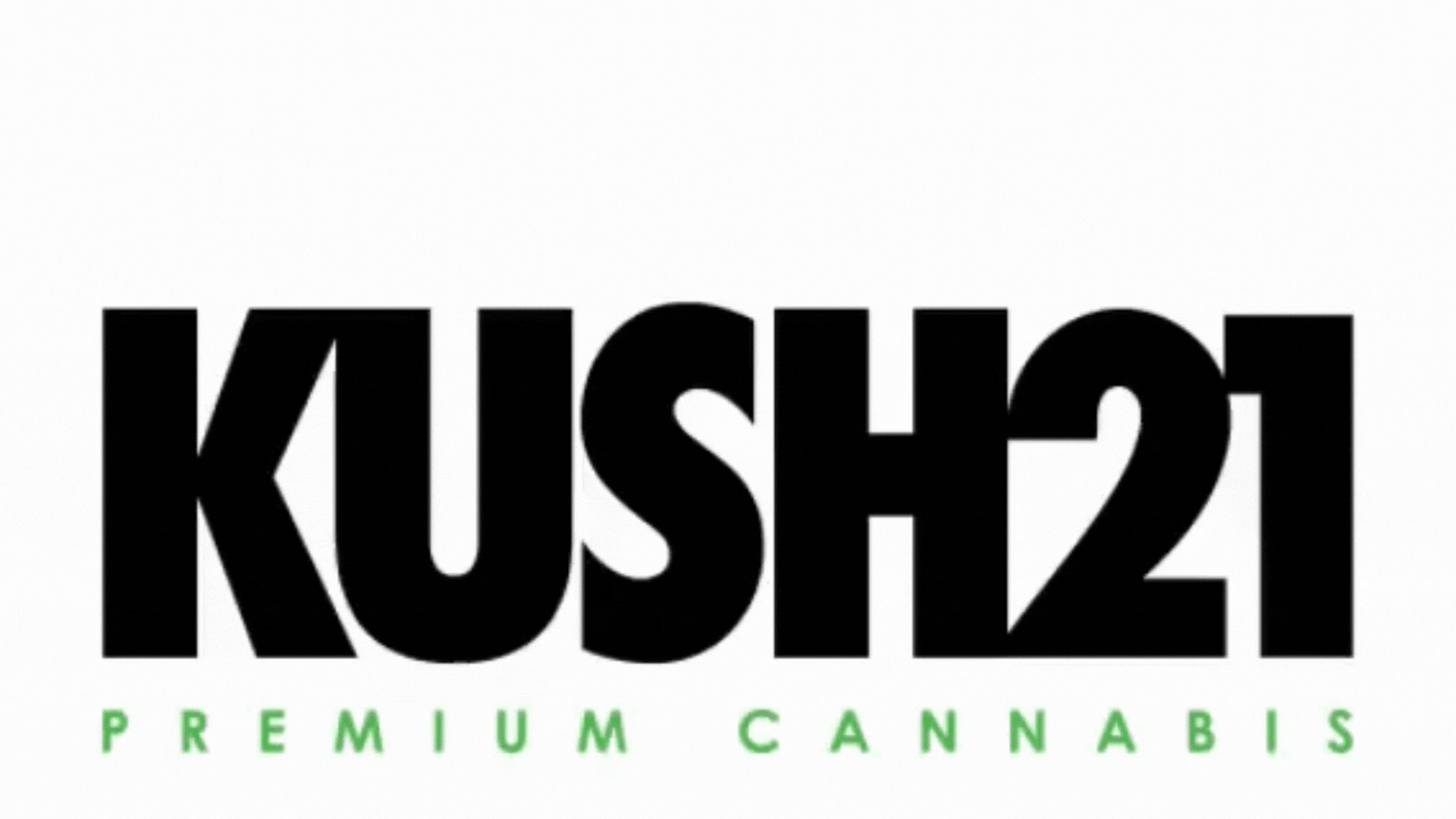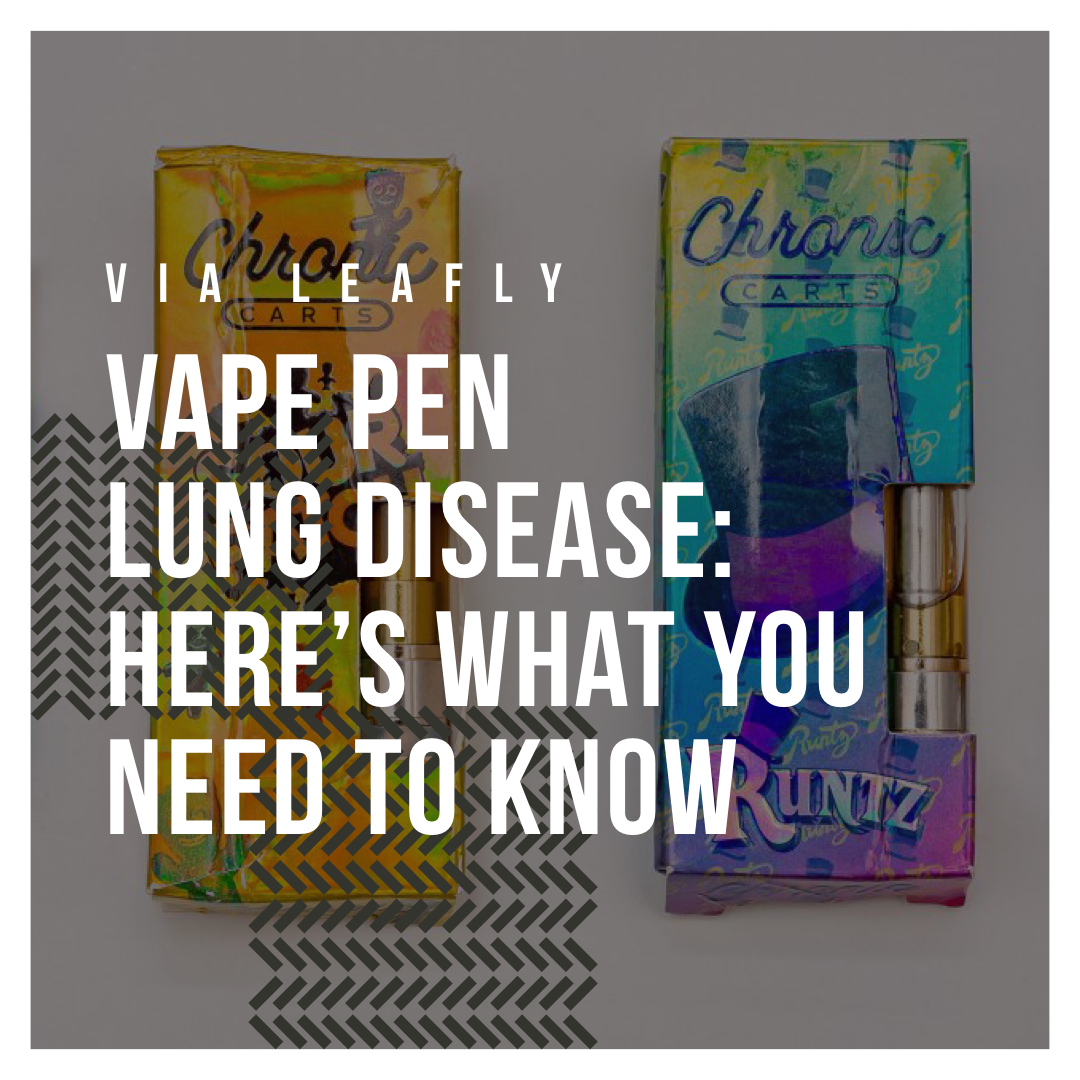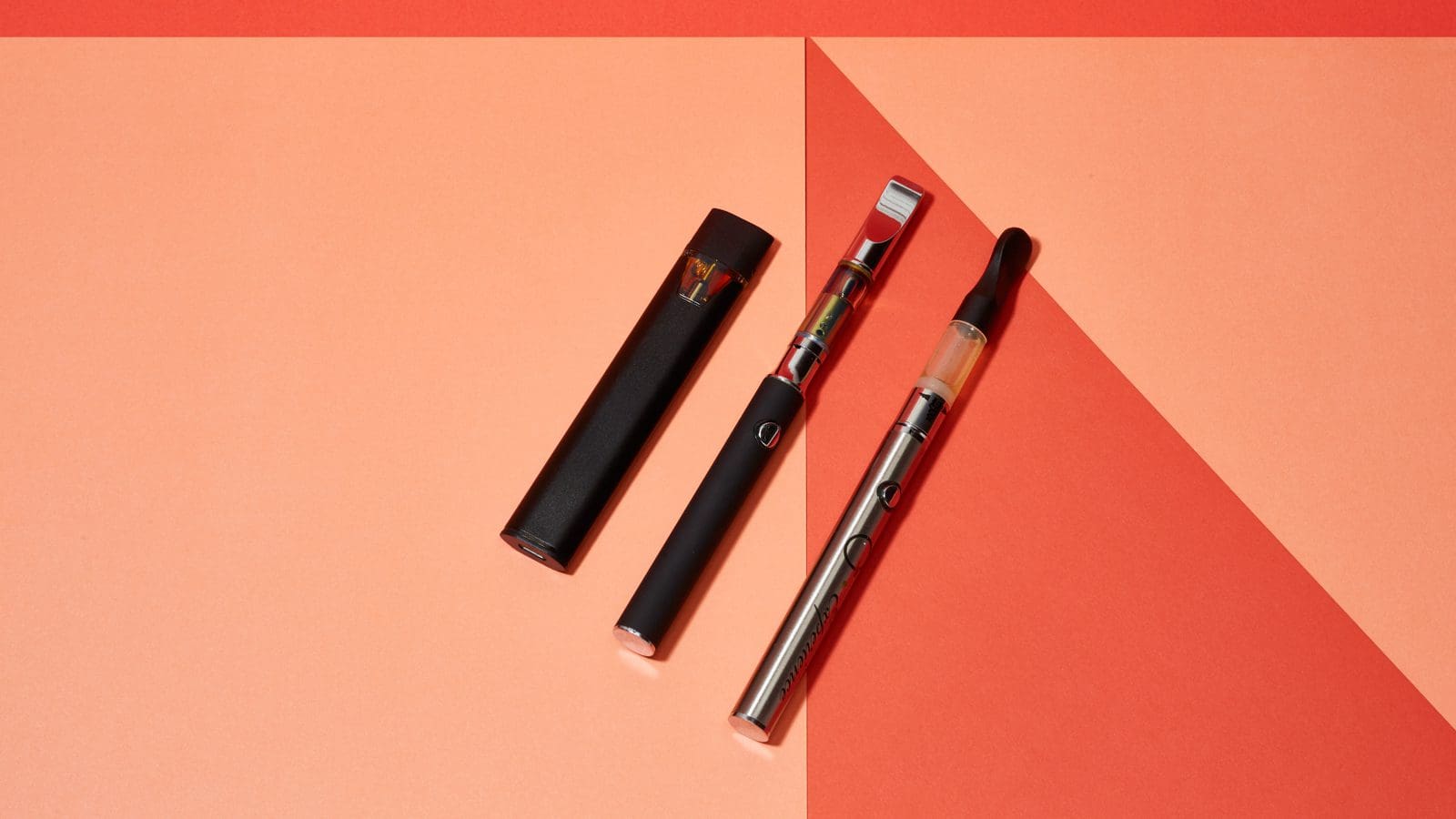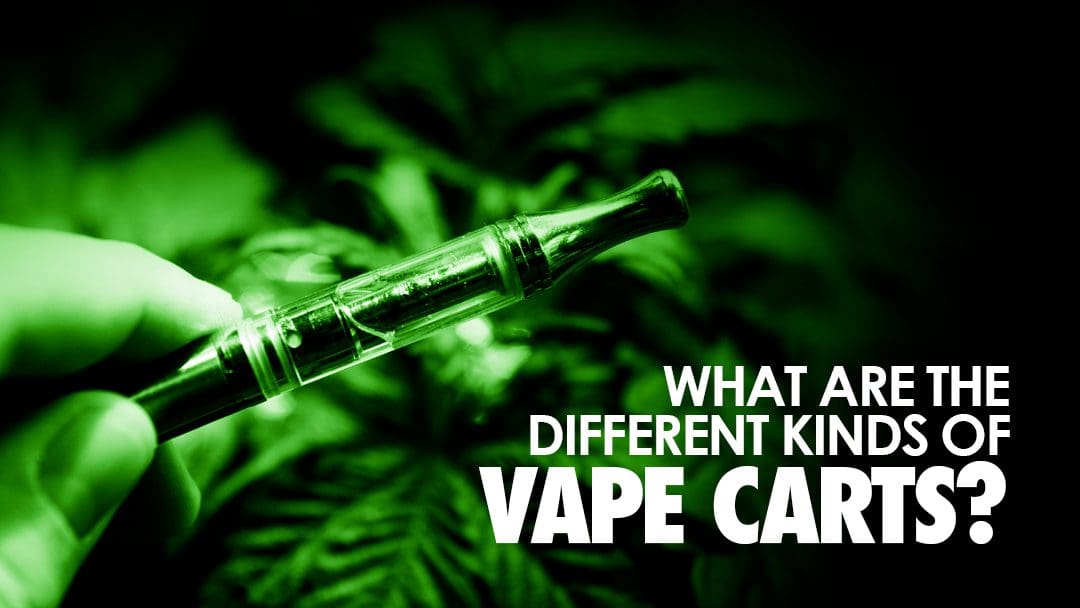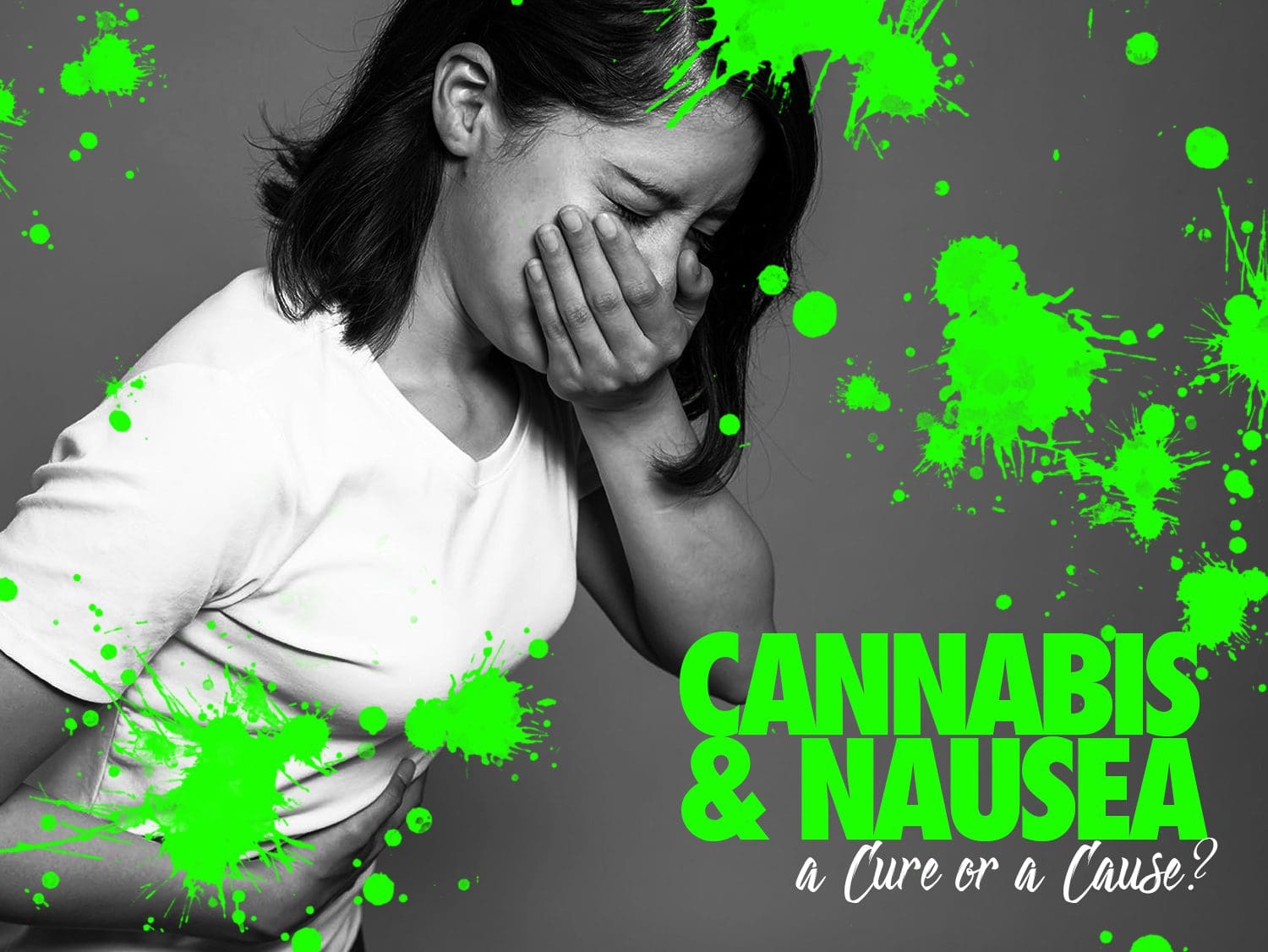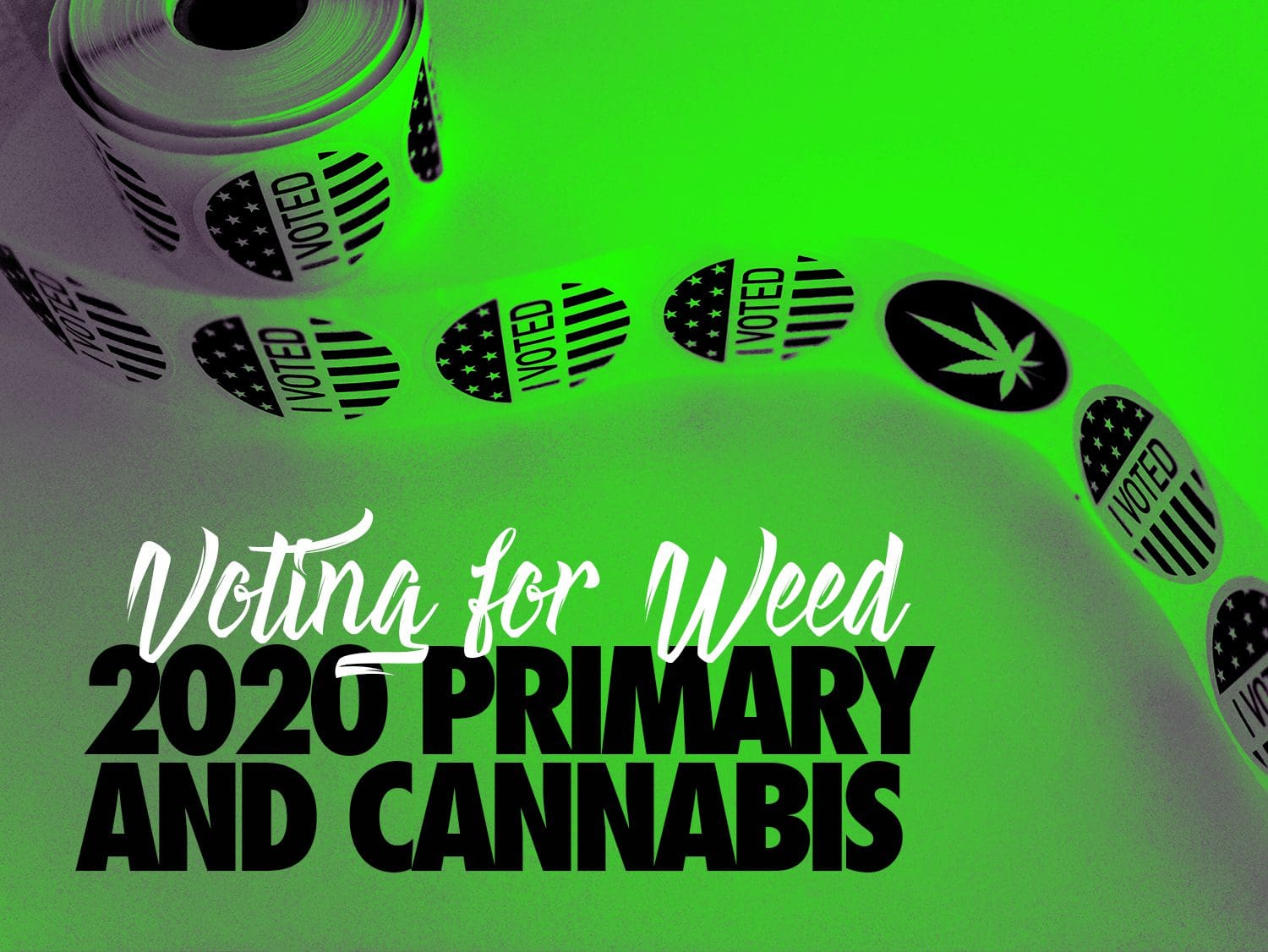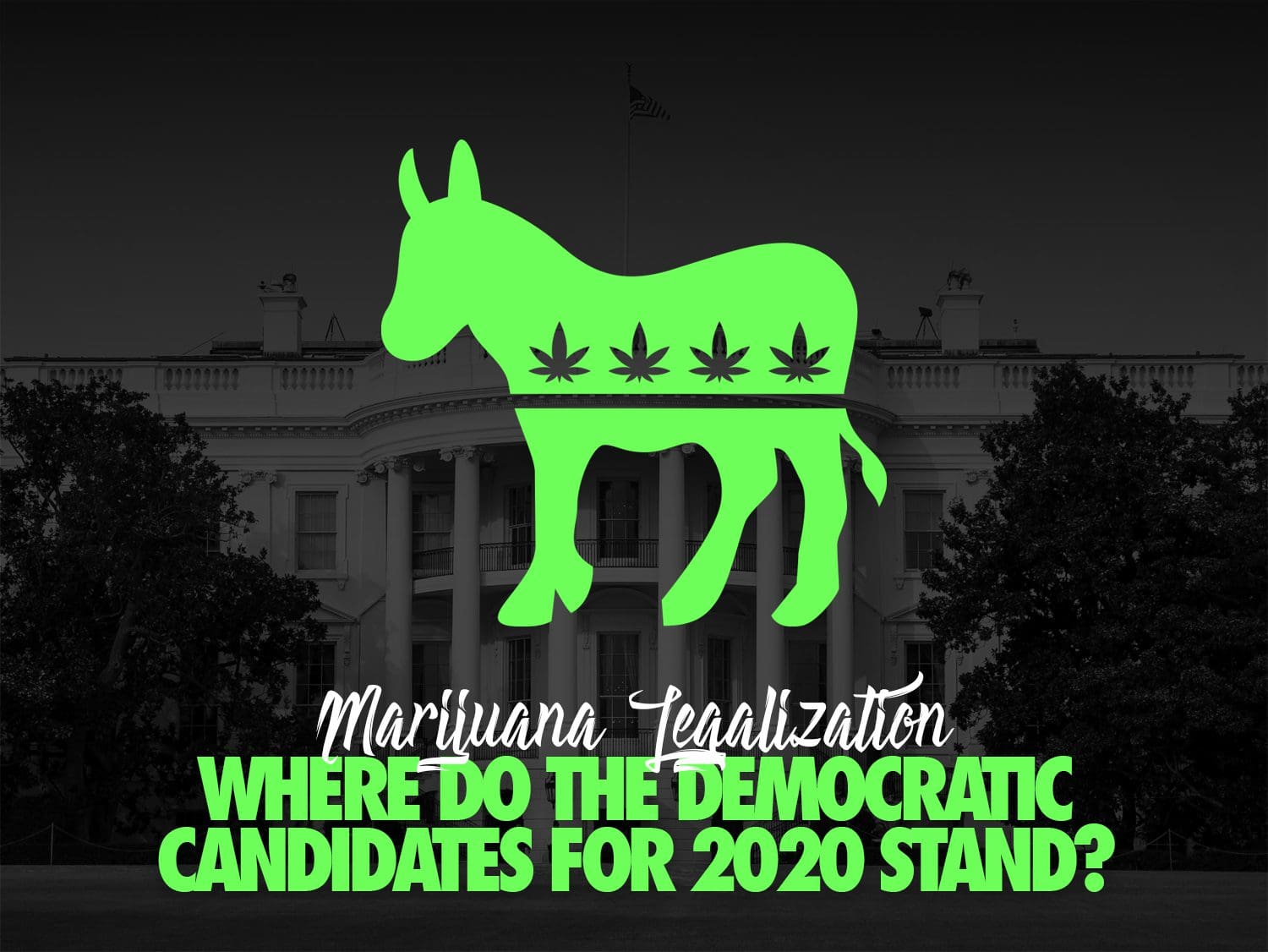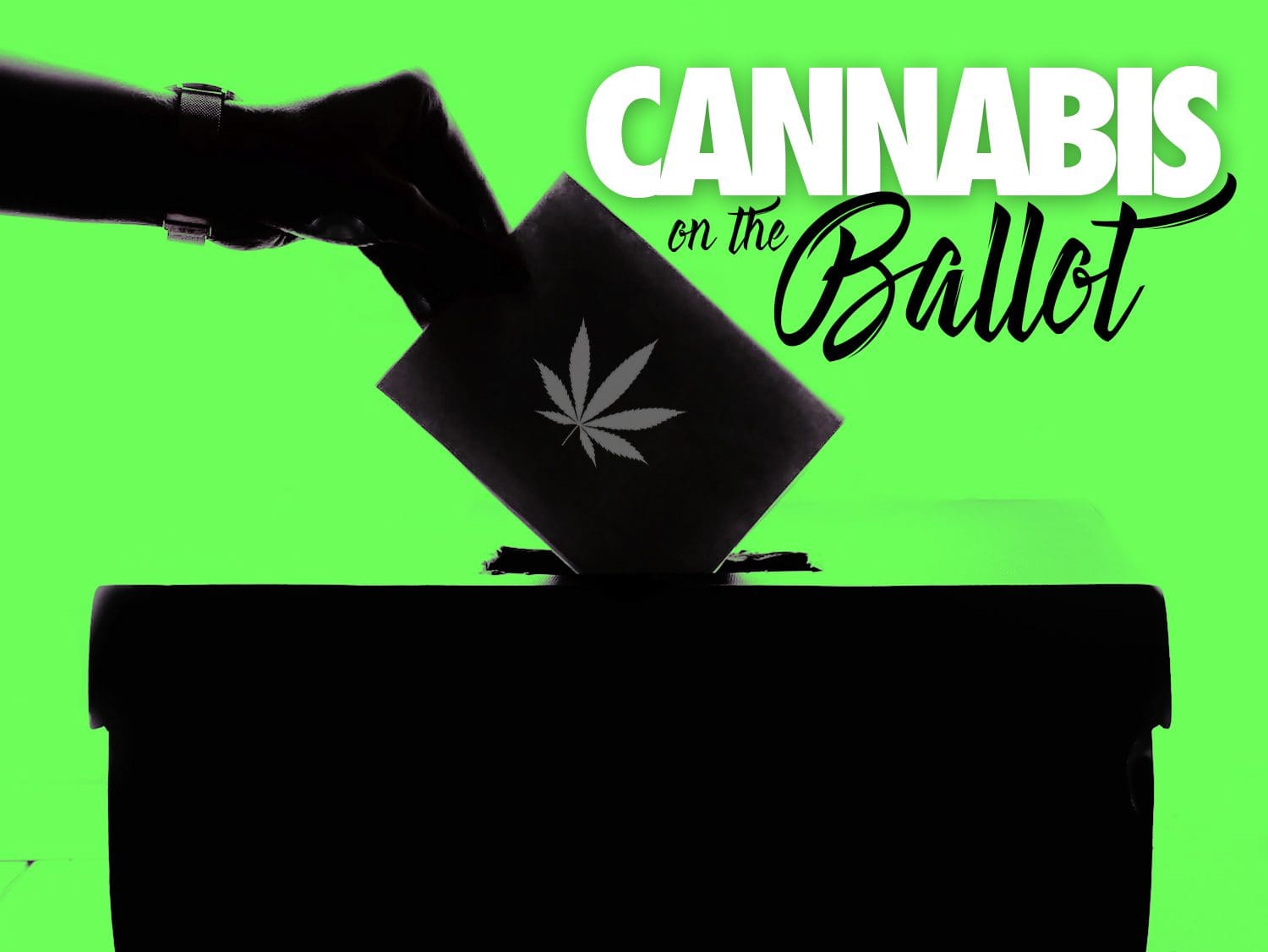As of Thursday, Sept. 26, the CDC has reported 805 confirmed and probable cases in 46 states of severe acute respiratory distress syndrome possibly associated with a recently inhaled drug aerosol (commonly known as vaping). As many as 12 patients may have died from the condition. The deaths occurred in Illinois, Oregon, Indiana, California (2), Minnesota, Kansas (2), Missouri, Georgia, Florida, and Mississippi. Here’s what you need to know.
SHOULD I STOP VAPING?
- If you own illicit vape cartridges, throw them away immediately. The CDC, FDA, and HHS advised consumers to avoid buying cannabis vapes or using products off the street. They are unregulated, untested, and are often contaminated.
- If you purchase an illicit market disposable vaporizer cartridge—either THC, nicotine, or CBD—and it’s filled with the wrong additive at the wrong amount, using it carries the risk of immediately injuring your lungs.
- More broadly, the American Medical Association said Sept. 9 to stop vaping any e-cigarette. On Sept. 10, President Trump mulled banning flavorings in legal e-cigarettes.
WHAT IS THE SUSPECTED DIAGNOSIS?
- In many cases, symptoms and treatment mirror a condition called lipoid pneumonia, previously found in patients who inhaled mineral oil.
Sickened lungs show up as cloudy on the left x-ray, and clear after treatment of one suspected VAPI patient in Utah. (Courtesy University of Utah)
WHAT’S CAUSING IT?
- The contamination is emanating out of the supply chain for illicit market THC vape carts, the CDC said Sept. 19. “Most patients have reported a history of using e-cigarette products containing THC. Many patients have reported using THC and nicotine. Some have reported the use of e-cigarette products containing only nicotine.” Minnesota’s lead investigator said Sept. 24, “so far our investigation is correlating these injuries to THC vape cartridges that are illegally purchased.”
- We don’t know for certain, but New York health authorities have confirmed that synthetic vitamin E oil (tocopheryl-acetate) is tainting most seized vape carts in that state. Pen makers report using it because it’s a cheap thickener. The FDA is now specifically looking at forms of vitamin E oil. New York has subpoenaed three thickener-makers—Floraplex, Honey Cut, and Mass Terpenes—after tests showed all three products were tocopheryl-acetate. On Sept. 13, SC Labs of California found Floraplex’s Uber Thick to be almost totally tocopheryl-acetate.
- The FDA has received about 300 samples for testing. So far, they’ve found vitamin E acetate in half of them. The FDA is testing seized carts for THC, nicotine, cutting agents called diluents, additives, pesticides, opioids, poisons, and toxins. One New York patient who tested his cart found it contained formaldehyde, pesticide, vitamin E oil, and “a little dab of THC.” The California lab Cannasafe reports California illicit stores’ vape carts are testing as high as 40% tocopheryl-acetate.
- Health officials have confirmed that among the tainted carts are ones with the illicit market brand names Chronic Carts, Dank Vapes, and West Coast Carts, but the condition is linked to multiple illicit market brands across multiple states. One Tulare County, CA victim’s family member confirmed the presence of a “black and gold” cart labeled “Lucky Charms” from the brand “West Coast Cure”. (Matching that description is both counterfeit packaging and authentic packaging for a popular, illicit market brand in California called West Coast Cure.)
WHY IS THIS HAPPENING NOW?
- Leafly has reported that a new ingredient—next-generation cutting agents (thickeners)—are being misused in THC vape carts. Legal chemical thickener makers said they do not approve of use in vape carts. Chemical thickener makers also do not approve of dilutions greater than 10%. However, their web sites are unclear about the products’ approved and unapproved uses. The chemical makers have no information on what inhaling thickener aerosol does to your lungs, especially if it is heated or burned.
An oil-laden immune cell extracted from a VAPI patient in Utah (left). On the right, a normal macrophage. (Courtesy Andrew Hansen, Jordan Valley Medical Center)
HOW CAN I PROTECT MYSELF?
- Only buy tested, regulated adult use and medical cannabis products in legal stores like California, Washington, Oregon, and Colorado. Licensed supply chains are much harder to contaminate. By contrast, street traffickers are filling carts with harmful chemicals, and they go straight into your lungs. Here’s how to spot an illicit market, or counterfeit THC vape cart.
- Though licensed markets have more safeguards, suspicious additives are not yet banned in California, Washington, and Oregon. On Sept. 24, the California Dept. of Public Health told all consumers to refrain from all vaping. On Sept. 23, Massachusetts paused all vape sales statewide. On Sept. 12, Oregon regulators told stores to post vape warnings and hold suspicious products, and told licensed cart markers to immediately admit any “undisclosed agents” or face “legal consequences.” Oregon retailers have begun pulling suspicious products.
- Cheap illicit market vape carts also routinely malfunction. Malfunctioning carts can get very hot, and burn additives and thickeners, releasing an unknown noxious gas. Run them at low, controlled temperatures.
- If you’re concerned about additives in your cannabis, stick to tested flowers from licensed adult use stores. Check store licenses on regulators’ websites, like California’s license lookup tool. In terms of extracts, additive-free extract is called “rosin”, and it also comes in vape carts in mature adult use markets. There’s also tinctures, sublinguals, edibles, topicals, and transdermals, for those who want to avoid all cannabinoid inhalation products.
Leafly originally published this story Sept. 6th and updated it again Sept. 26 at 11:15 a.m. PST.
